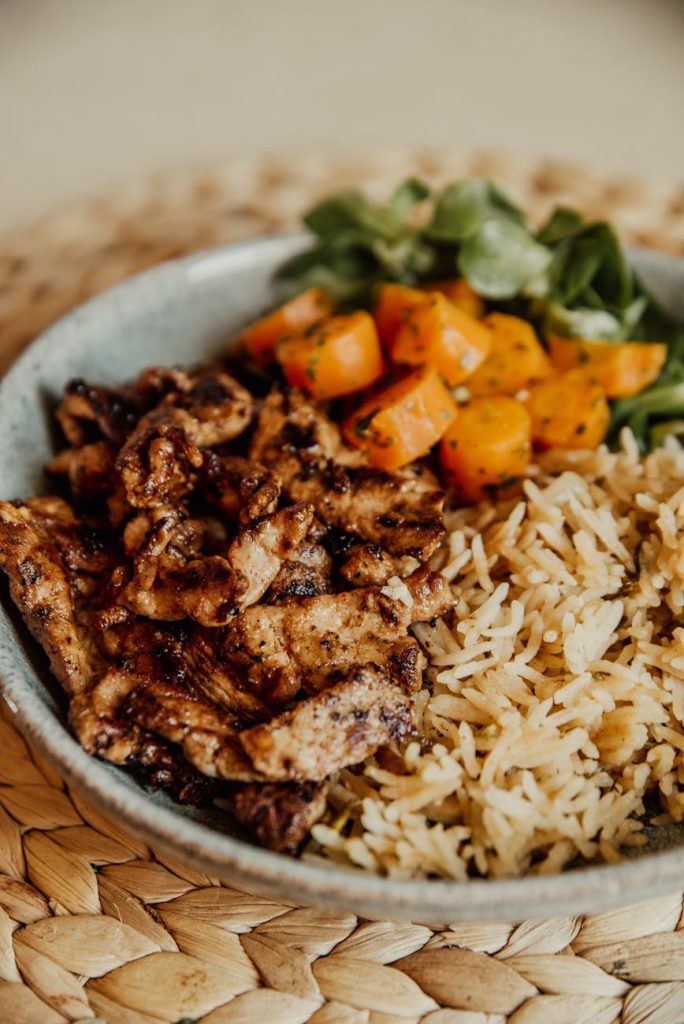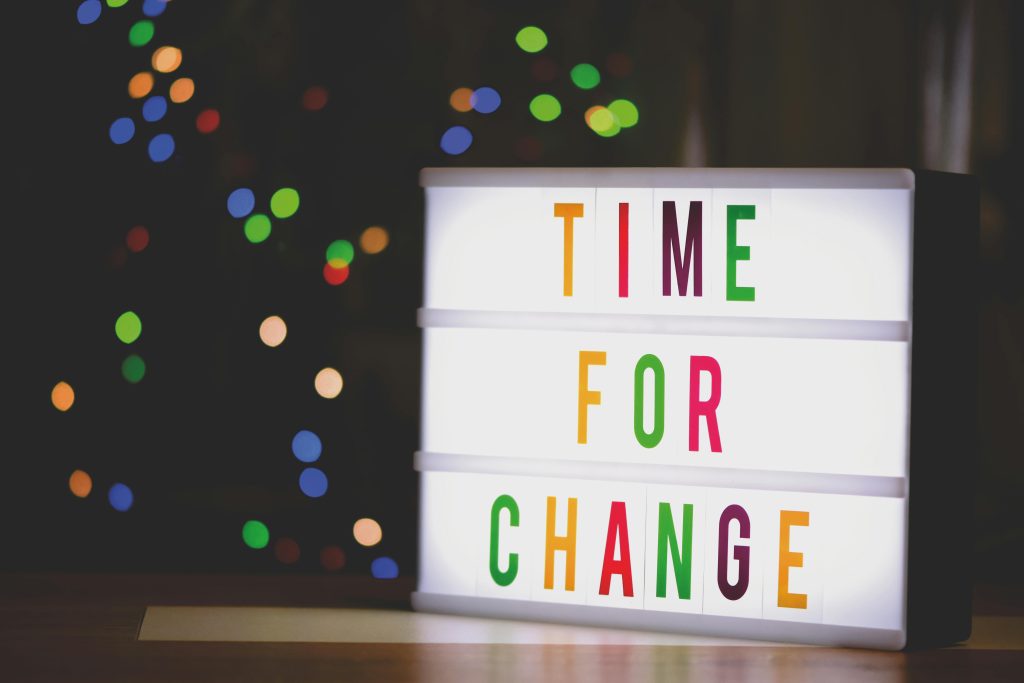Rebuilding a healthy relationship with food is one of the most challenging journeys many of us face. Whether recovering from disordered eating, breaking free from diet culture, healing from medical conditions that affect eating, or simply unlearning years of unhealthy patterns, the path requires not just nutritional knowledge but profound emotional resilience. This journey touches on our deepest vulnerabilities while demanding consistent effort through inevitable setbacks.

The Emotional Landscape of Food Relationships
When we talk about “eating right,” we’re rarely just discussing nutrition. Food carries emotional weight, cultural significance, and personal history. For many, meals are intertwined with memories, comfort, celebration, and sometimes shame or anxiety. Recognizing this emotional complexity is the first step toward healing.
Lisa, a nutritional therapist specializing in disordered eating recovery, explains: “The hardest part for most clients isn’t learning what foods nourish their bodies. It’s rebuilding trust with themselves and working through the emotions that surface when changing deeply ingrained patterns.”
This emotional work happens alongside the practical aspects of nutrition education. You’re essentially rewiring neural pathways while processing potential feelings of grief, fear, and vulnerability.

Why Re-Learning to Eat is So Challenging
Identity and Control
For many people, eating patterns become deeply embedded in their sense of self. Whether it’s being “the healthy one,” “the disciplined one,” or having specific food rules that provide a sense of control in an uncertain world, changing these patterns means confronting questions about identity.
When Julie began recovery from orthorexia (an unhealthy focus on “clean eating”), she described feeling adrift: “My entire social media presence, my conversations with friends, my daily routine—everything revolved around my restrictive eating. Letting go meant asking who I was without that framework.”
Physical Discomfort
Physical adaptation can be uncomfortable during dietary transitions. Those recovering from restrictive eating may experience digestive discomfort as their body adjusts to adequate nourishment. Others may face withdrawal-like symptoms when reducing ultra-processed foods or addressing food sensitivities.

Fear of Judgment
Social pressure around food and body size can make dietary changes especially challenging. Family members might question new eating patterns, while broader cultural messages continue promoting harmful ideals.
Dr. Sameera Karnik, an eating disorder specialist, notes: “Healing often means going against mainstream messages about food and bodies. This requires tremendous courage, especially when well-meaning loved ones don’t understand the harmful nature of diet culture.”
Building Emotional Resilience for Nutritional Healing
1. Practice Self-Compassion
Self-compassion isn’t a luxury but a necessity for sustainable change. Research shows that self-criticism triggers stress responses that can sabotage health goals, while self-compassion supports consistent positive behaviors.
Try speaking to yourself as you would to a cherished friend facing similar challenges. Acknowledge that setbacks are part of growth, not evidence of failure. When difficult emotions arise around food, validate those feelings rather than judging them.
2. Work with Your Nervous System
Anxiety around food changes often manifests physically. Learning to regulate your nervous system can help navigate challenging moments:
- Practice deep belly breathing before meals to activate your parasympathetic (“rest and digest”) nervous system
- Use grounding techniques when feeling overwhelmed at mealtimes
- Develop awareness of your hunger and fullness cues through mindful eating practices

3. Create a Supportive Environment
Environmental factors significantly impact our ability to make sustainable changes:
- Surround yourself with people who respect your healing journey
- Consider how media consumption affects your relationship with food and body
- Structure your food environment to support your goals while avoiding unnecessary restriction
4. Connect with Your “Why”
Lasting change requires connecting with deeper motivations beyond appearance or external validation:
- How might healing your relationship with food allow you to be more present in important relationships?
- What values (connection, authenticity, health, etc.) does this journey support?
- What activities or experiences might become possible when food no longer consumes excessive mental energy?

The Professional Support Difference
While self-help resources provide valuable information, professional support often makes the difference between temporary changes and lasting transformation.
Registered dietitian Maya Chen explains: “Nutrition rehabilitation isn’t just about what to eat but navigating complex emotional terrain. Professional support provides accountability, personalized guidance, and expertise through inevitable challenges.”
Consider working with:
- Registered dietitians (particularly those specializing in intuitive eating or your specific condition)
- Therapists experienced in food-related issues
- Support groups where shared experiences reduce isolation
Practical Strategies for Rebuilding a Healthy Relationship with Food
Start Where You Are
Assess your current relationship with food honestly but without judgment. Consider:
- Do you trust your body’s hunger and fullness signals?
- Are certain foods “off-limits” due to fear rather than genuine preference or health needs?
- How much mental energy do food decisions consume daily?
Focus on Addition Before Subtraction
Instead of beginning with restriction, focus on nourishing additions:
- Can you include more variety in your meals?
- Are there nutrient-dense foods you enjoy that could be incorporated more frequently?
- How might you make mealtimes more satisfying through flavor, setting, or company?

Develop Consistent Patterns
Regular eating patterns help rebuild trust with your body:
- Aim for balanced meals and snacks at consistent intervals
- Notice how different eating patterns affect your energy, mood, and satisfaction
- Practice gentle nutrition while avoiding rigid rules
Navigate Setbacks Effectively
Setbacks aren’t failures but valuable learning opportunities:
- Avoid all-or-nothing thinking when challenges arise
- Identify specific triggers that led to the setback
- Make targeted adjustments rather than overhauling your entire approach
The Timeline of Transformation
Healing your relationship with food is rarely linear. The journey typically includes:
The Beginning: Awareness and Education
This phase involves recognizing problematic patterns and learning about balanced nutrition appropriate for your unique needs. You might feel both hopeful about change and overwhelmed by how deeply ingrained current patterns are.
The Middle: Implementation and Challenge
As you implement new approaches, you’ll face resistance—both internal and external. This phase requires the most emotional resilience as you practice new skills despite discomfort and occasional setbacks.
The Integration: Embodied Wisdom
Eventually, healthier patterns become more automatic. While mindfulness remains important, food decisions require less deliberate effort. You develop greater trust in your body’s signals and flexibility in various food situations.

Finding Meaning in the Struggle
The emotional strength required to heal your relationship with food develops muscles that serve your entire life. Many who navigate this journey report:
- Increased self-trust beyond food decisions
- Greater compassion for others facing invisible struggles
- Deeper connection with their values and authentic needs
- Enhanced resilience for life’s inevitable challenges
As Dr. Karnik observes: “Those who do this difficult work often develop exceptional emotional intelligence. The skills required—self-awareness, self-compassion, boundary-setting, and resilience—transfer to every area of life.”
Conclusion: A Journey Worth Taking
Re-learning to eat well is undeniably challenging. It requires confronting deep-seated beliefs, managing physical discomfort, and developing emotional regulation skills through inevitable ups and downs. Yet few journeys offer such profound rewards—not just improved physical wellbeing, but liberation from exhausting thought patterns and a more genuine connection with yourself and others.
If you’re currently navigating this path, remember that struggle doesn’t indicate weakness but the opposite—you’re building strength with every small step forward. The courage to heal your relationship with food might be one of the most profound acts of self-care you’ll ever undertake.



